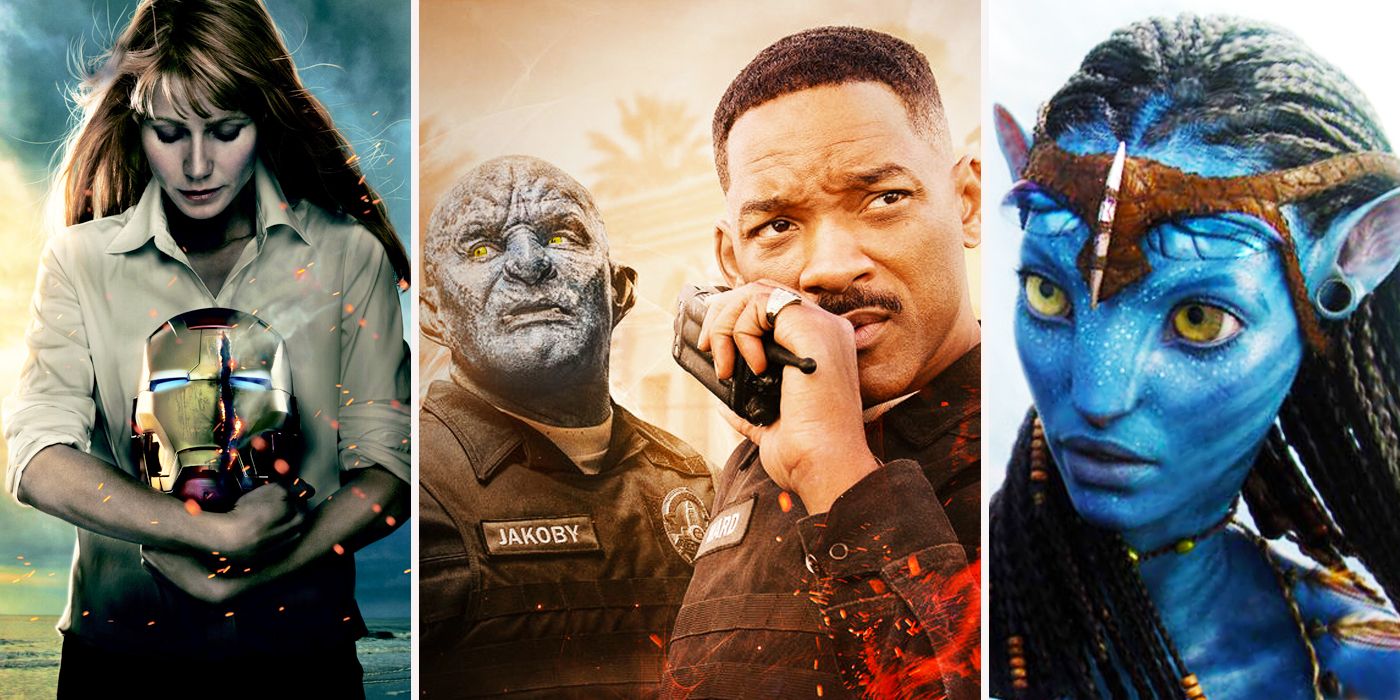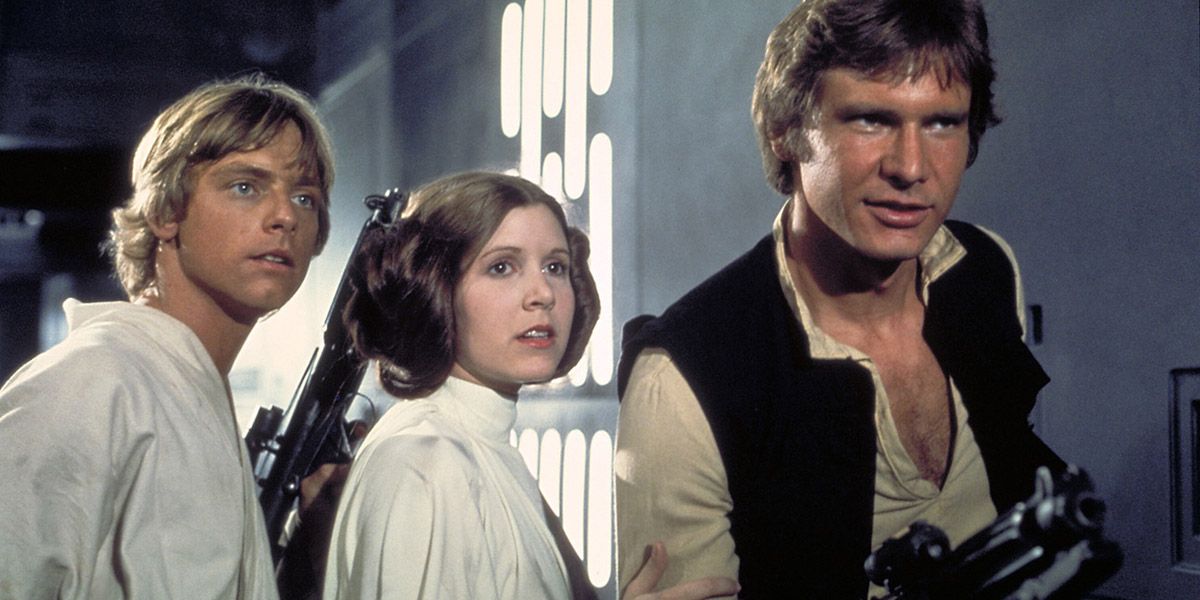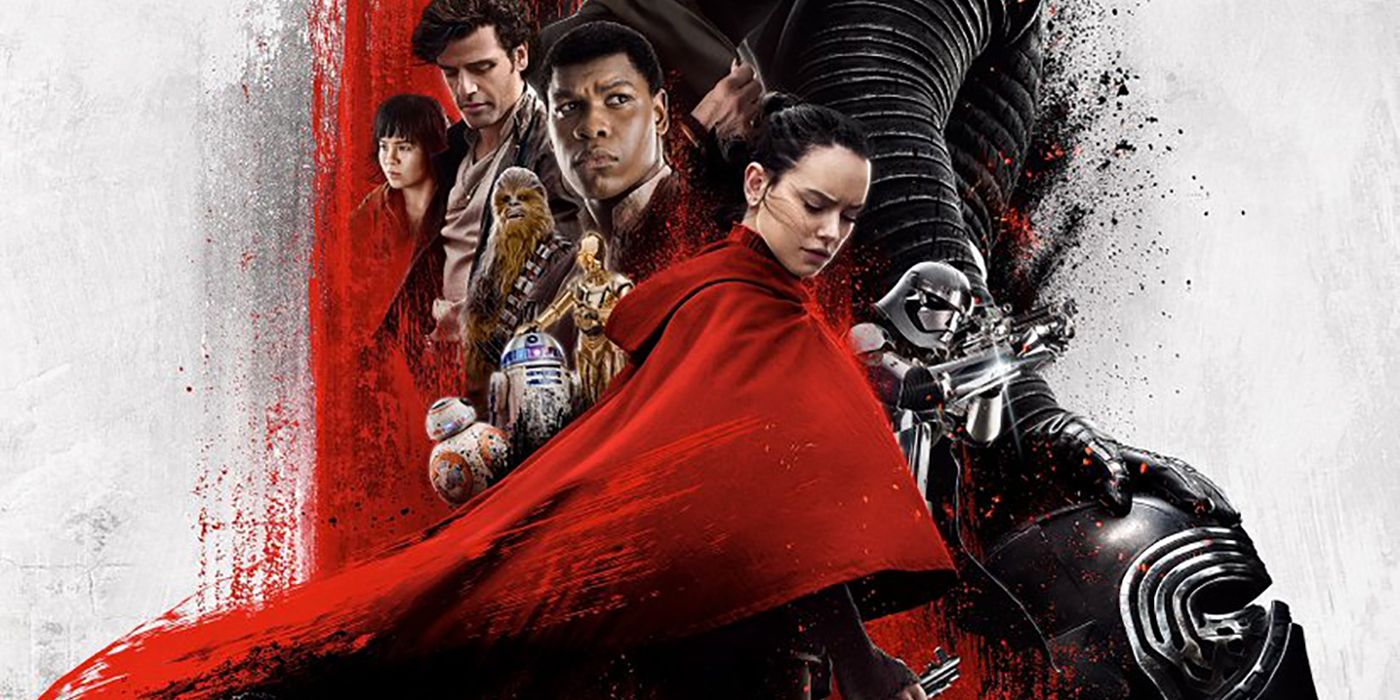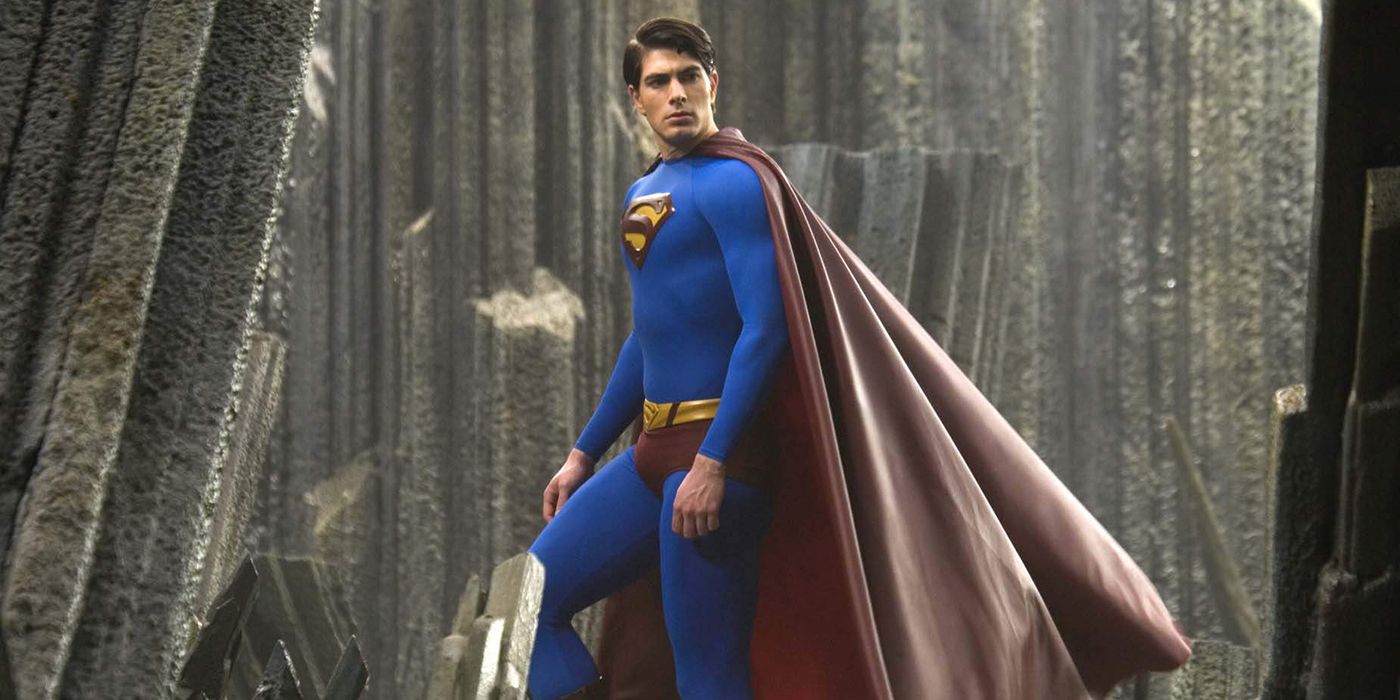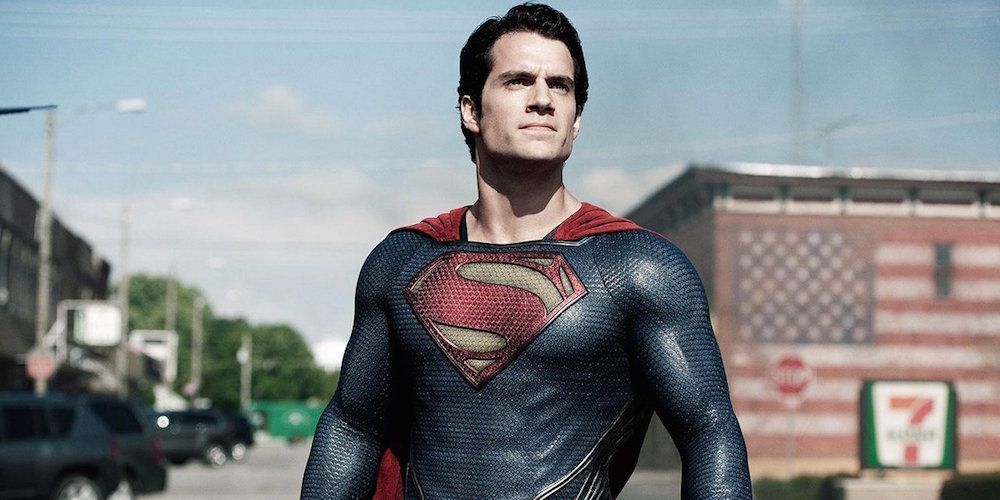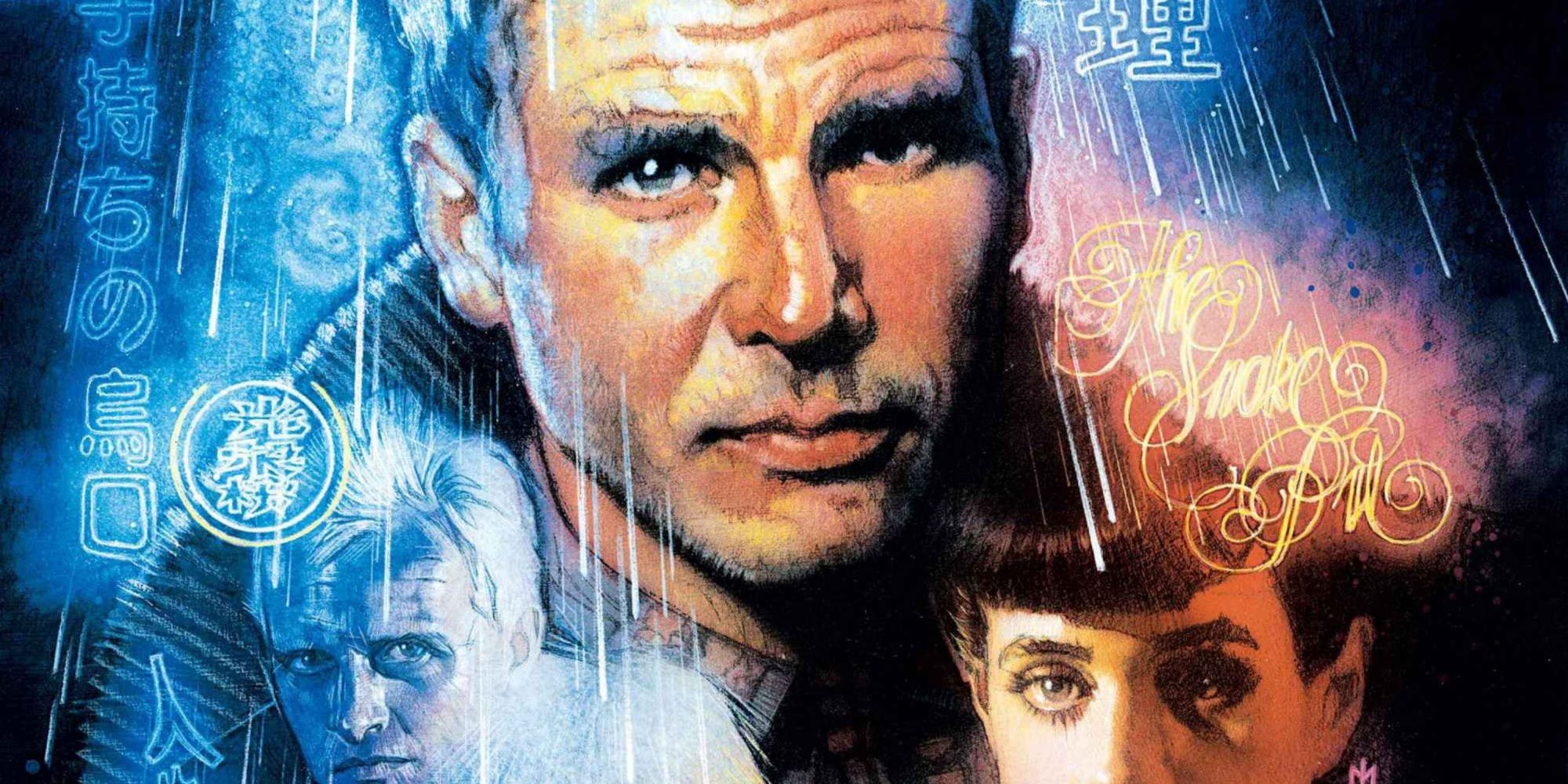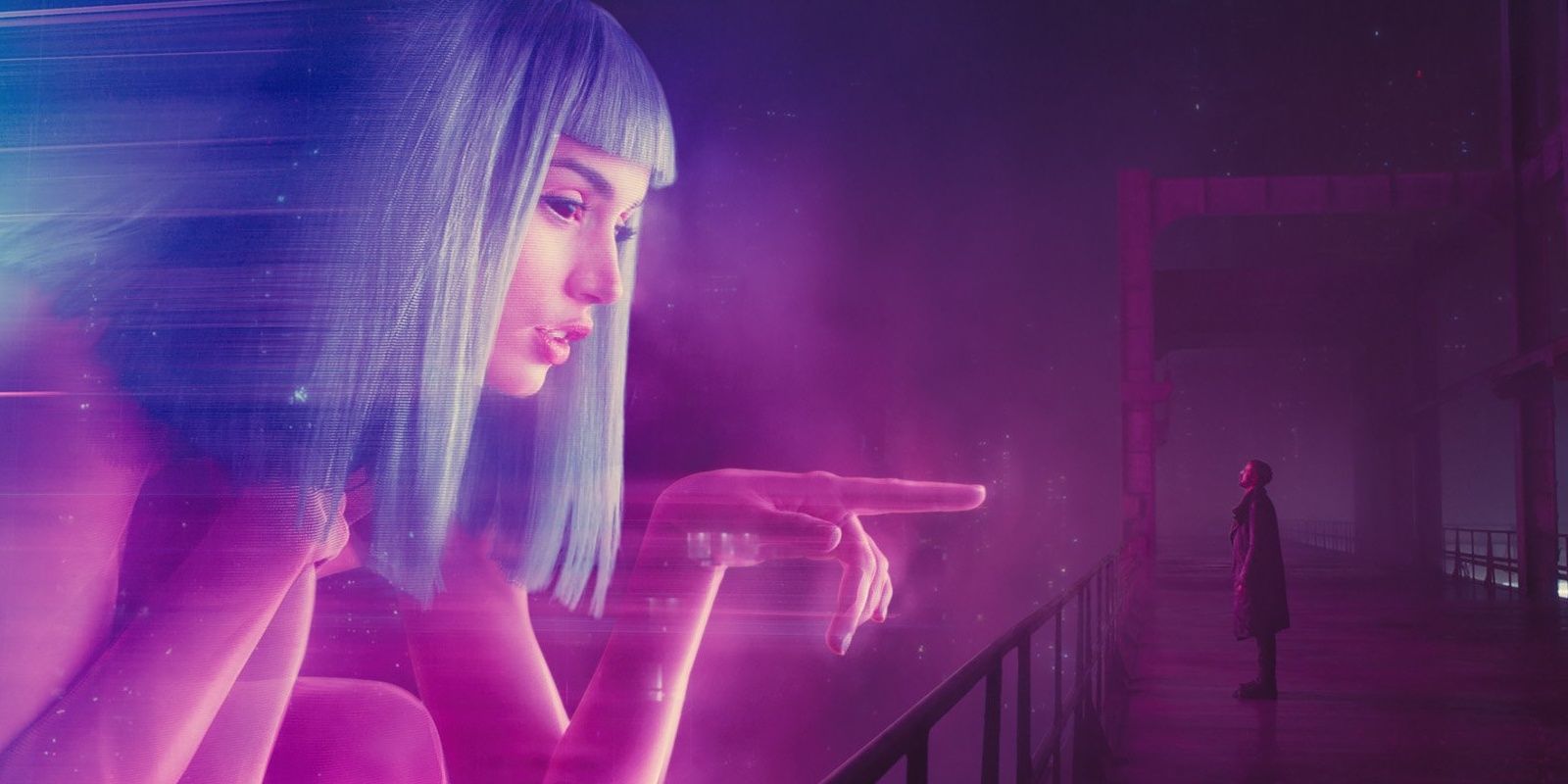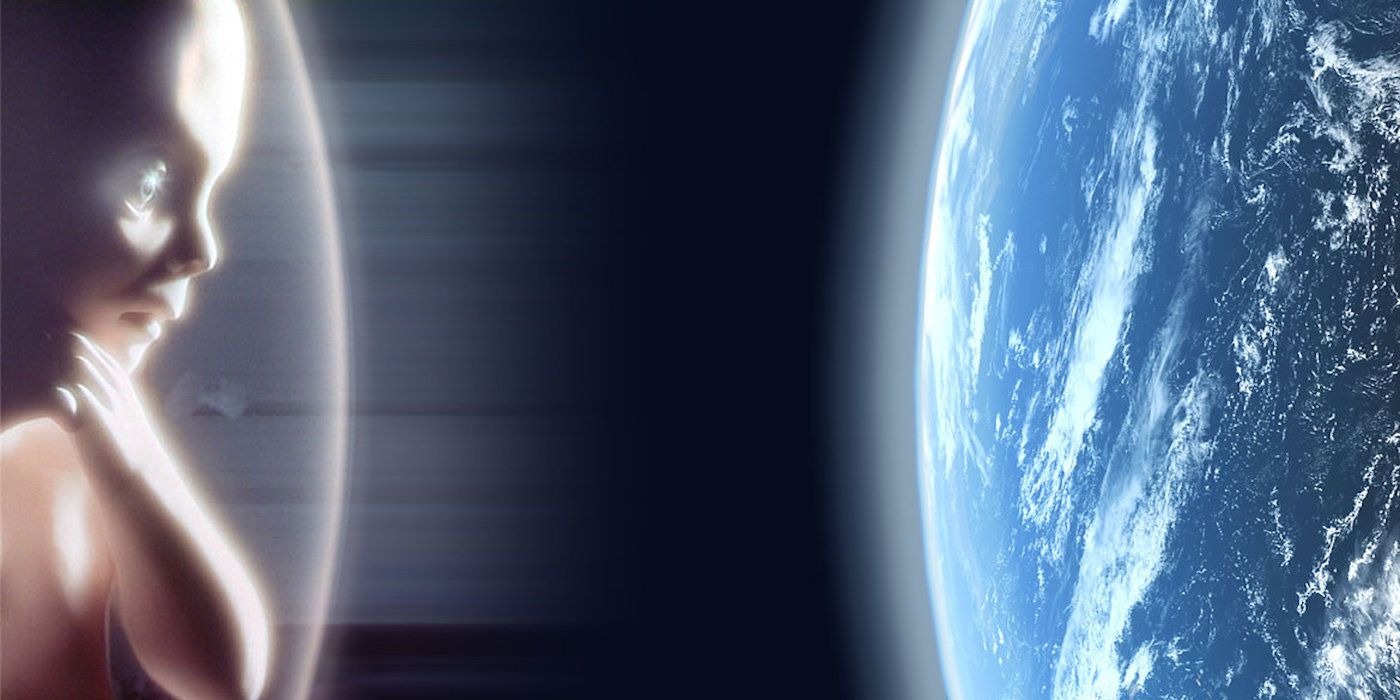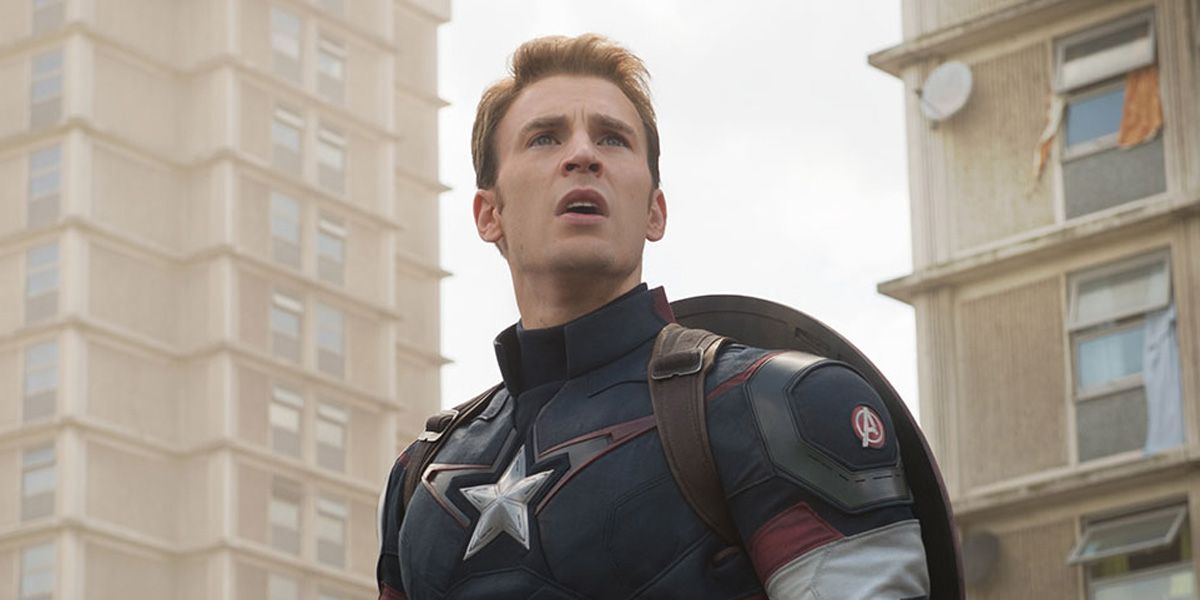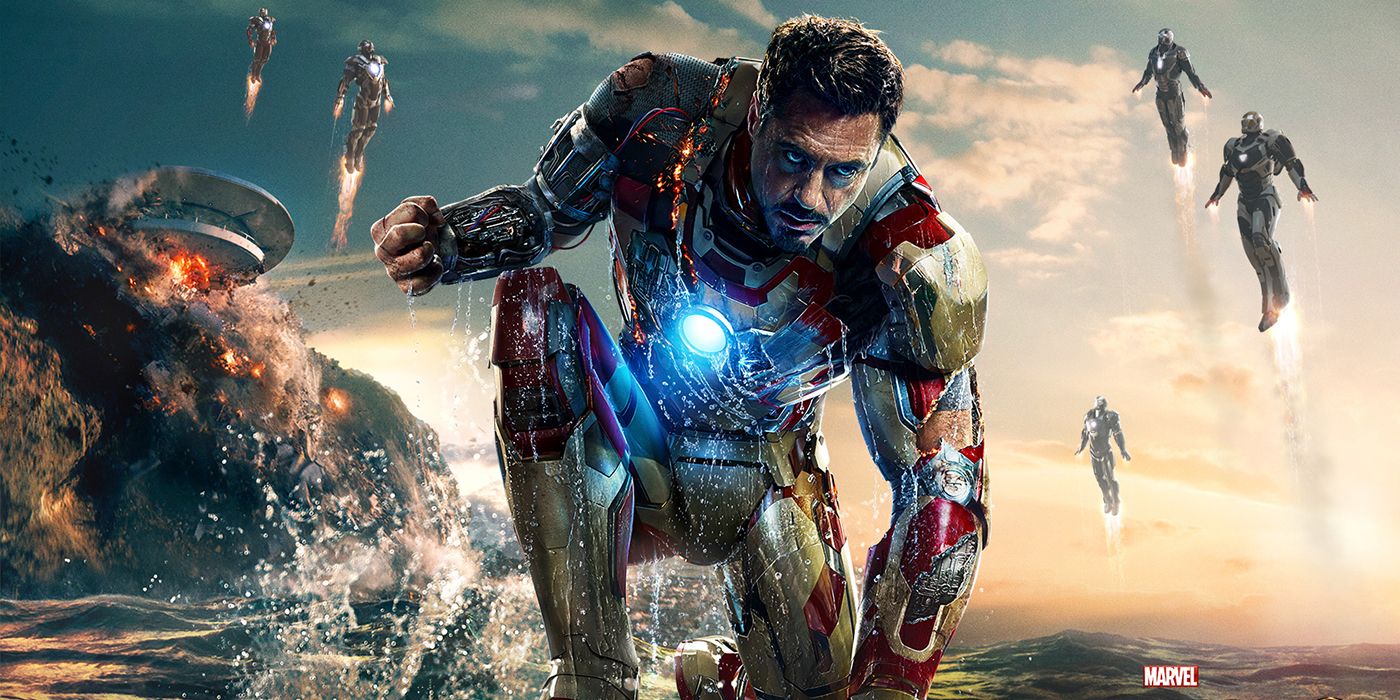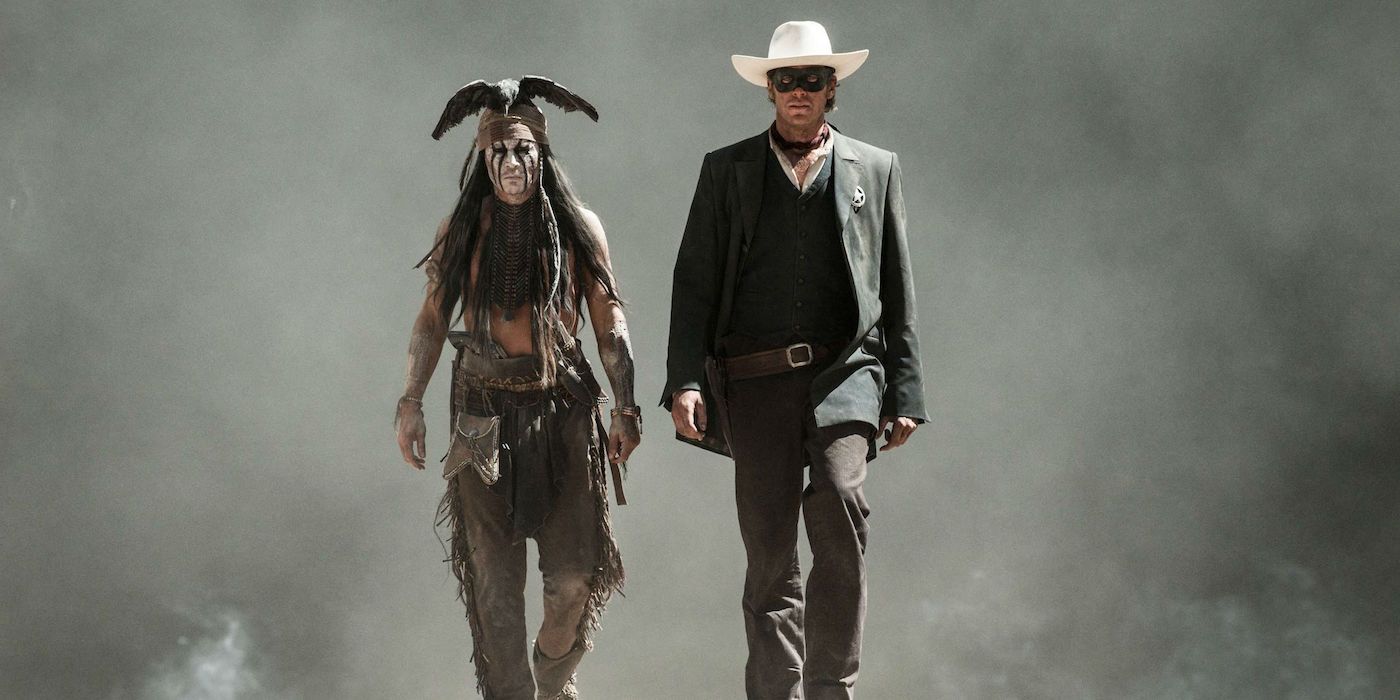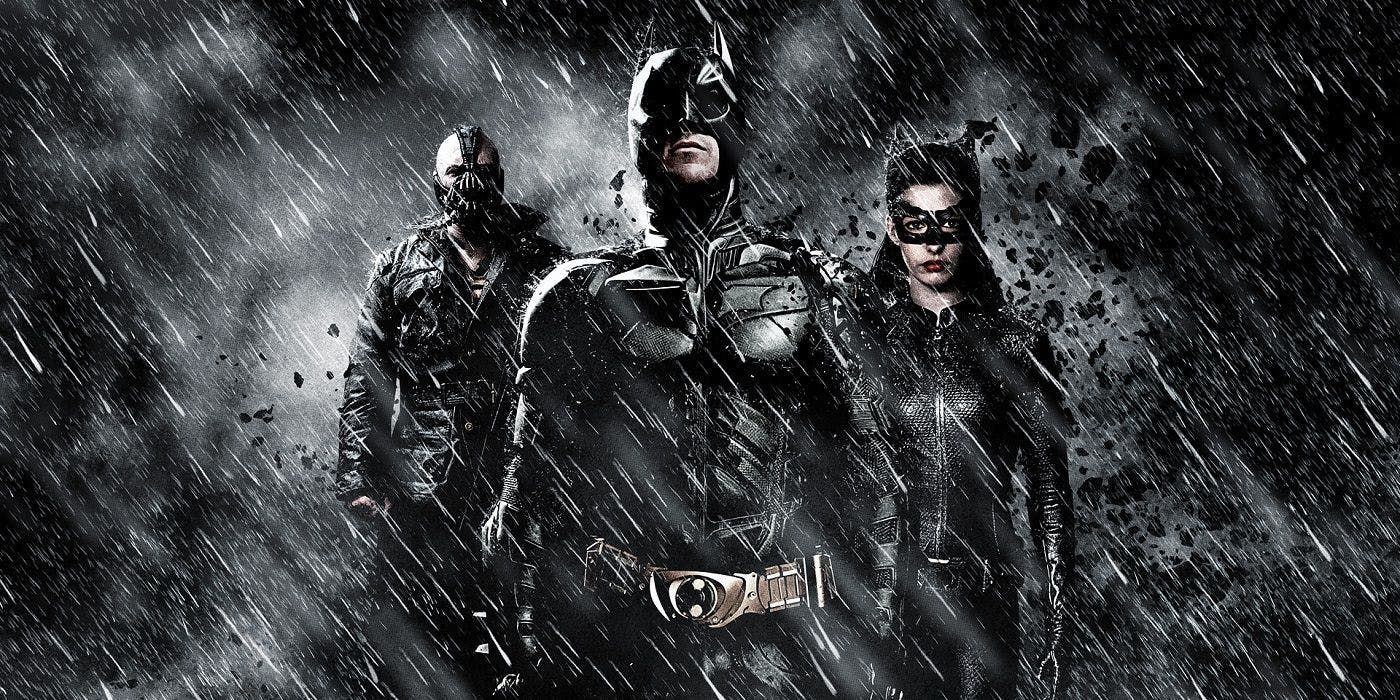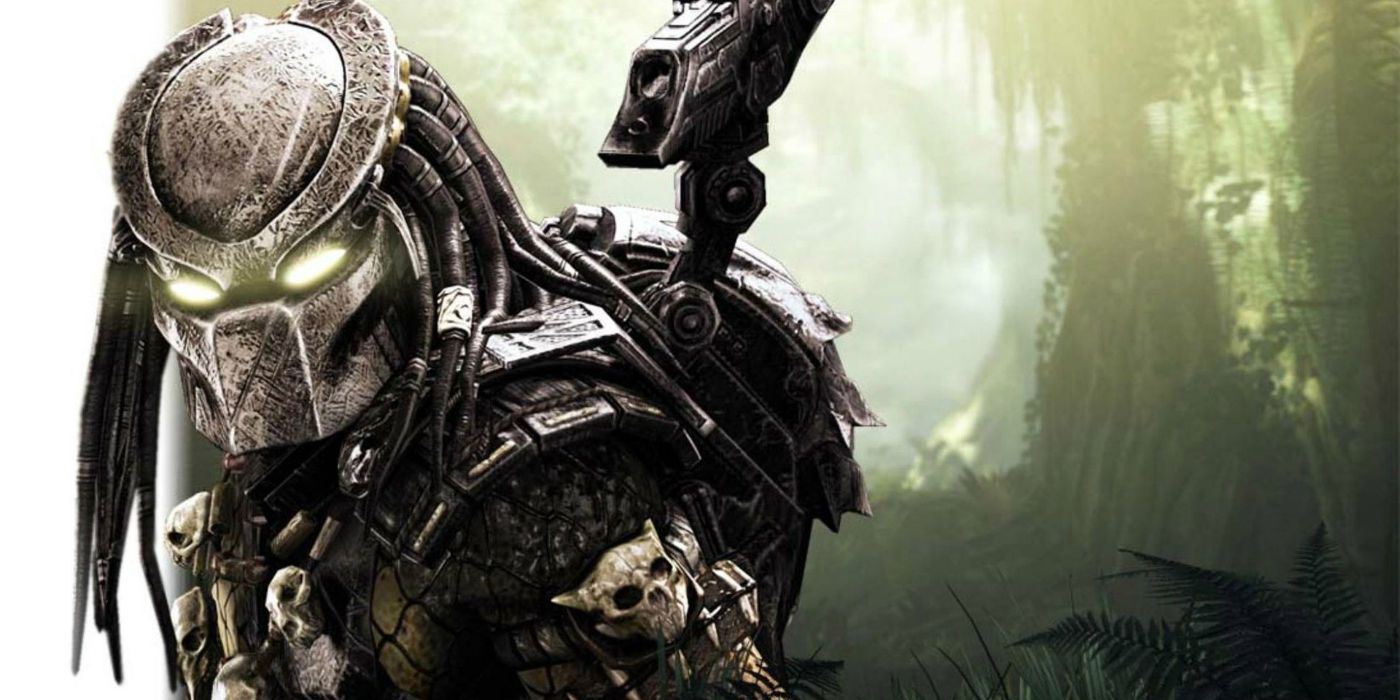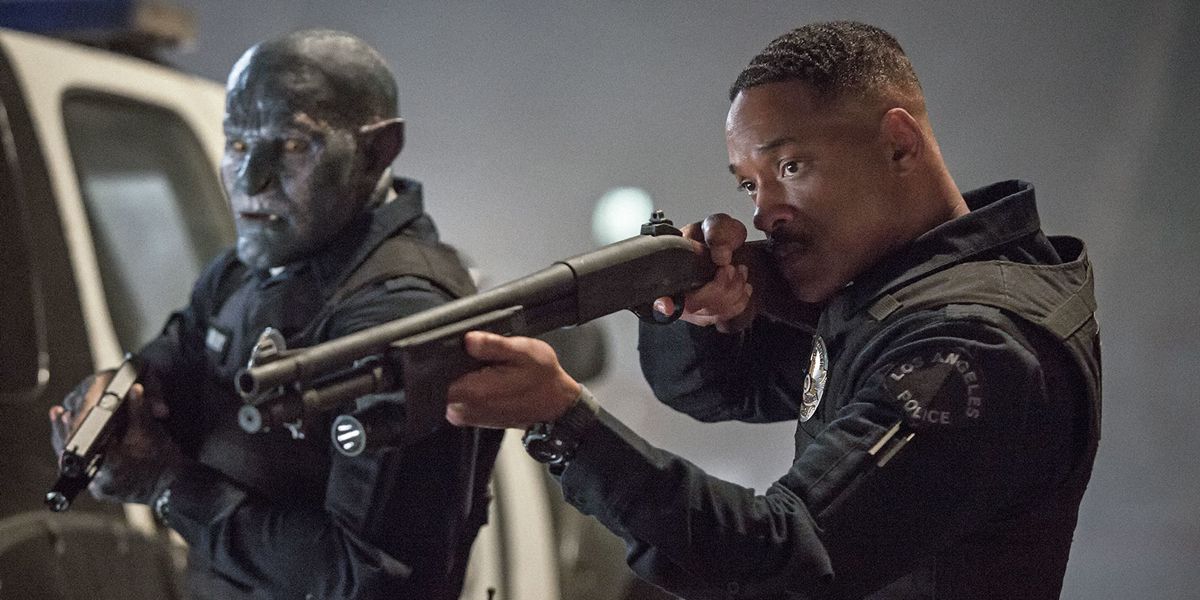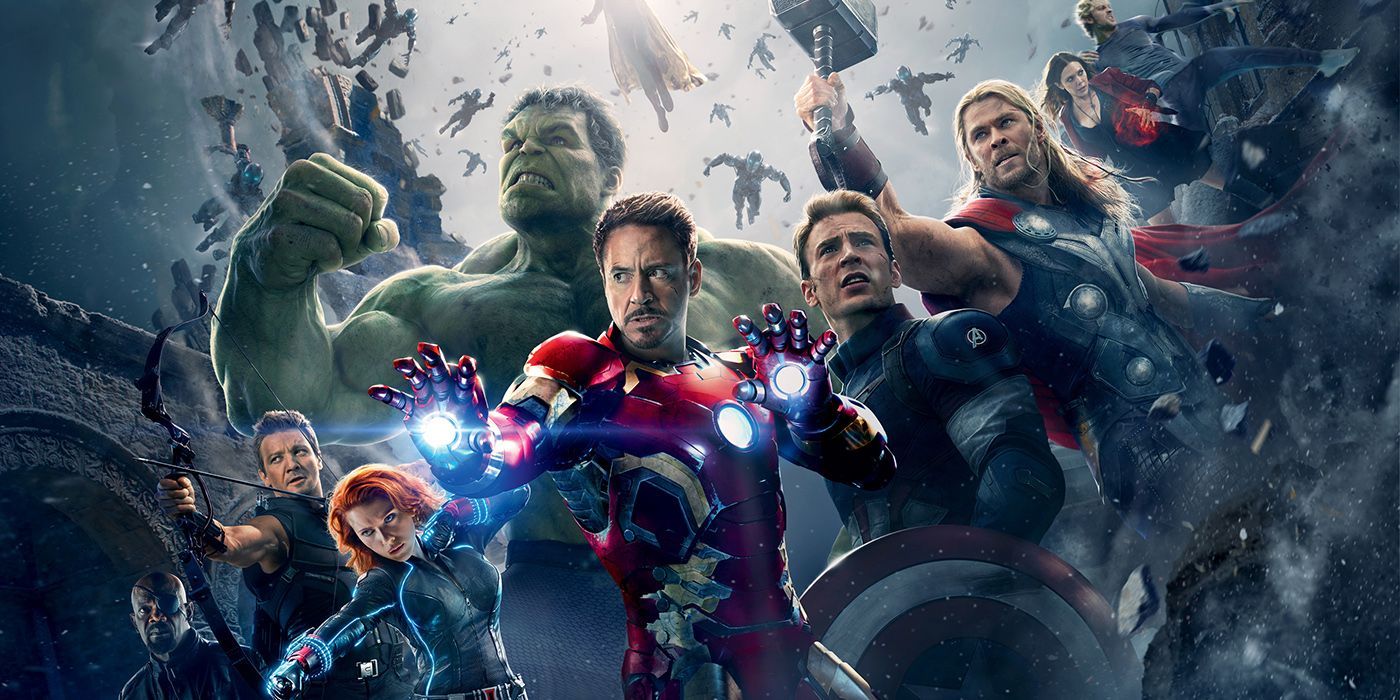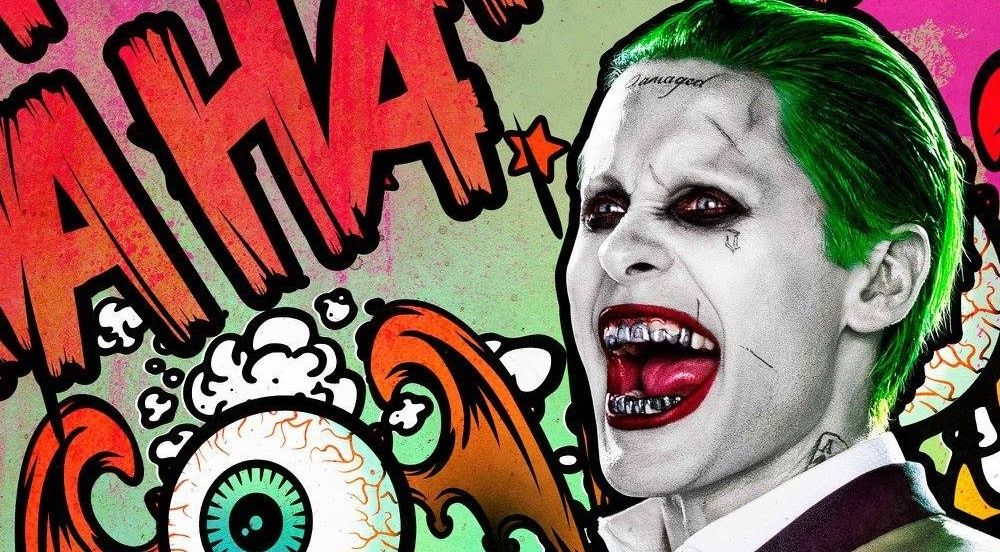Nobody likes being told they're wrong, especially if you're being told you're wrong for feeling happy. The greater the rush when you leave the multiplex, the harder the crash when you open your laptop to find Film Twitter roasting anyone they feel is “dumb enough” to like the movie that just delighted you on screen. You get mad, call them smug, out of touch, and turn to the times in history “the critics” have gotten it wrong. You accuse those coastal elites of cashing checks from Disney or Warner Bros. (For the record, those “Marvel checks" we're accused of getting sure ain't coming!)
In reality, critics are fans just like you, who love to talk movies, good and bad. Sometimes, sure, it can go too far. Whether to please the masses that demand something not just be dubbed “bad” but “WORST MOVIE EVAR!!!1!” or just because it's really fun to be snarky, sometimes the writer can be wrong. It's time to bridge the divide, for two sides to realize they're the same side: movie lovers. Let’s all eat some crow and admit there are some times we’ve all gotten it terribly wrong.
16 CRITICS: STAR WARS (1977)
By the time Star Wars rolled around, a change that had been brewing since Benjamin Braddock and Bonnie & Clyde a decade earlier burst forth in an explosion of passion and innovation. Spielberg, Scorsese, Coppolla all carried the banner of “new Hollywood,” but nobody captured that spirit of classic cinema turned on its head better than George Lucas in the revolutionary Star Wars.
But despite its box office success and cultural saturation, some of the old guard of writers and critics who prophesied with their pens failed to heed Bob Dylan’s warning about criticizing what they can't understand. Star Wars was dismissed as popcorn fluff, all style and no substance, or as John Simon said in New York Magazine, "A set of giant baubles manipulated by an infant mind." We won't say Star Wars losing Best Picture to Annie Hall is the ultimate travesty, but Allen would make a better film just two years later with Manhattan, while there would never be another spectacle quite as special Star Wars.
15 FANS: STAR WARS: THE LAST JEDI (2017)
Reviews were unanimous -- after Force Awakens was taken to task for being a repeat of previous entries, The Last Jedi felt fresh and vital, taking the series in new directions, guaranteed to satisfy fans new and old. Then... the backlash began. The film was picked apart for “plot holes,” ridiculed for unanswered questions and lambasted for failing to follow prominent fan theories.
But as to the validity of those critiques? They're emptier than a gutted Tauntaun. Bombs wouldn't work in space? They did in Empire Strikes Back. Poe putting Hux on hold is goofy? That'd be like if Han tried to distract a stormtrooper by saying “We’re fine... how are you?” The truth is, The Last Jedi never introduces anything that conflicts with the rules of the Star Wars that ran on screen, but rather of the Star Wars in certain fans' minds; the things they themselves imagined as gospel. For Last Jedi to burst that bubble was enough to spark backlash.
14 CRITICS: SUPERMAN RETURNS (2006)
A year after the successful reboot of Batman with Batman Begins, Warner Bros. took a swing at the Man of Steel by bringing in X-Men helmer Bryan Singer, who made the bizarre choice to, rather than fully reboot, just pick up where Superman II left off, ignoring the subsequent two sequels, and giving us a new entry that was only slightly better. Now remembered as bland, brooding and painfully pretentious, Singer’s flop wasn’t always held in such universally low esteem.
Despite being everything critics now bemoan the DCEU for being -- too continuity heavy, too self-serious -- Superman Returns was overwhelmingly praised upon release for giving Superman a “welcome emotional complexity.” Richard Corliss of Time actually called it one of the greatest superhero movies ever made. The passage of time, however, rightly hasn’t been kind, either to this forgotten film or its insanely off-base reviews.
13 FANS: MAN OF STEEL (2013)
Superman Returns was hated by fans for giving us a too-stoic Superman and lacking in any fights or memorable action. Zack Snyder’s reboot delivered both in excess, and fans decided it was bad anyway. We’re not going to pretend Man of Steel is perfect, but its angry audience reception is a fair bit overkill.
Fans were mad Singer made a sequel rather than an origin story, yet when they got Snyder’s origin story, every time Superman stumbled, they objected. How can we expect to watch a superhero grow into their role if they also need to be fully formed from minute one? We’re mad Superman fought no fights out of fear for human casualties in Superman Returns, but then calculate the exact body count when Snyder delivered on the action? Audiences today wouldn’t tolerate the whimsy of the Reeves films, hated the serenity of Singer, and lambasted the aggression of Snyder, which begs the question: Is there any type of Superman fans actually want to see?
12 CRITICS: BLADE RUNNER (1982)
Much like replicants, quick-turnaround reviews can be either a benefit or a hazard. Truly visceral, confrontational films benefit from a critic jotting down their instantaneous thoughts, being in touch with the emotions evoked by, say, Jurassic Park or Wonder Woman. But more meditative films, those that need to sit with the viewer a while and be digested, those are sunk by folks who could only see it for how it failed to be what they expected, rather than for what it was, like critics dismissing Picasso at a glance for his portraits “not looking like real people.”
Such was the case with the confused reviews of Blade Runner, now recognized as a masterwork of sci-fi storytelling. Reviewers mainly harped on its pace, some calling it “Blade Crawler,” or its perceived self-indulgence, content to wallow in ideas rather than trade in thrills. The serene simplicity of Blade Runner’s stripped down story needs room to breathe and enfold the viewer, and history has given it the room that 1982 reviewers failed to.
11 FANS: BLADE RUNNER 2049 (2017)
Sci-fi fans have been emphatically making the case for Blade Runner as a classic decades before the critics caught up, but now that they had, Blade Runner 2049 seemed poised to be a smash-hit. Provoking glowing reviews from Peter Travers and A.O. Scott, and deep incisive essays from writers like Priscilla Page and Kyle Anderson, it was expected that sci-fi fans and film-lovers would carry this film to box-office glory and Oscar gold.
And then nobody showed up. Yes, it’s true, some fans carried the torch for it hard in comment sections, and the general internet consensus is that the film is a masterful achievement. But many felt the film wasn’t worth their money, possibly unwilling to believe that anything today could live up to the glory of a film from the “immaculate '80s.” At the end of the day, those sci-fi lovers who can’t believe masterpieces like The Thing and the original Blade Runner couldn’t find audiences in their day let a modern classic flop rather than shell out the money for a ticket.
10 CRITICS: 2001: A SPACE ODYSSEY (1968)
Perhaps the most egregious misrepresentation of a sci-fi film since H.G. Wells (yes, that H.G. Wells) gave a poor review to sci-fi film classic Metropolis (1927), the reception for Stanley Kubrick’s hugely influential masterwork 2001: A Space Odyssey ranged from mixed to downright hateful.
Now considered the apex of science-fiction storytelling and one of the ultimate works of cinema, even the esteemed Pauline Kael called the film “a monumentally unimaginative movie.” The film was passed over for virtually every Oscar, save Best Visual Effects (the only Oscar Kubrick would ever receive), failing to even receive a nomination for Best Picture, a prize that ultimately went to the musical Oliver!. Which is fair. God knows everybody talks about how hugely influential Oliver! is, right?
9 FANS: AVATAR (2009)
For the young folks, allow us to give you a little background: 2009 was a year that saw one of the most clever, innovative and moving science fiction films in years hit screens and even garner an Oscar nomination alongside films like The Hurt Locker and Inglourious Basterds. That film was called District 9. There was also a flashy Dances With Wolves knock-off called Avatar that happened, became the highest grossing film of all time, and promptly disappeared from the collective consciousness, leaving nary a single impact on cinema or storytelling at large.
Yet, to hear it talked about in its day, one might think it was a revelation on par with seeing the face of God. People turned out in droves for the predictable picture of paisley monkey-people, basking in the mediocrity (but in 3-D!) and pouring absurd amounts of money into its purse. Yet now the film is rightly remembered as... well, it’s not remembered at all.
8 CRITICS: CAPTAIN AMERICA: CIVIL WAR (2016)
While often desperate to find any reason to write that “superhero movies are killing cinema,” the critic community came out in high-praise for tine finale of the Captain America trilogy, invigorated by the topical Captain America: Winter Soldier and provoked by the premise that had first been introduced in Mark Millar’s memorable Civil War comics a decade prior. They were swift to declare Civil War one of the best MCU movies, if not one of the best comic book movies, ever.
But looking back, the film is actually a bit of a mess. It’s easy to see why those unfamiliar with the books would find the central conflict of Civil War fascinating, but compared to the source material, the film does the work a massive disservice, stripping a lot of the philosophical conflict by adding in the outside agitator Baron Zemo (whose act-three arc is itself silly and plodding). Critics, and some viewers ,it seems, fell in love more with the idea of what the film could be rather than what actually appeared on screen.
7 FANS: IRON MAN 3 (2013)
There’s this confounding consensus that Iron Man 3 is bad. It’s not. Far from it. This moving and often quite funny character study from Shane Black, one of the best writer’s working today, is as thoughtful and playful an examination of Tony Stark and the contemporary role of the mortal superhero as ever we’ve gotten onscreen. But perhaps because it didn’t match the movie fans made in their mind when they first saw the trailer, and dared to deconstruct and surprise, it was outright dismissed.
This is all the more odd considering how fans decried Iron Man 2 for “just being more of the same.” They ridiculed the sequel for being predictable and not taking the character in new directions. Then, along comes Iron Man 3, a film daring to ask what Tony is without the suit, and the film was inexplicably, universally regarded as a misfire by fans.
6 CRITICS: THE LONE RANGER (2013)
Sometimes critics forget that creating a narrative is the job of the movie, not the person critiquing it. In truth, while not great, The Lone Ranger isn’t terrible. It’s not the worst movie of 2013, it's not even the worst movie from July of 2013 (that would be R.I.P.D.). Yet, well before the film hit screens, its fate was already sealed.
Stories of its troubled production had hit the trades months before its release, and critics smelled blood in the water. Nothing is more fun to write about than the failure of an ambitious film, one that has the nerve to go big. The same critics who are now giving reevaluations to unfairly maligned messes like Once Upon A Time in America and Heaven’s Gate had their knives out for Gore Verbinski’s attempt at creating an old-school spectacle, having already decided before minute one to craft a narrative of arrogance and ambition, of The Lone Ranger as the worst film they’d seen before they’d even seen it.
5 FANS: THE DARK KNIGHT RISES (2012)
Critics aren’t the only ones who create narratives in their minds. Genre movie fans are extremely guilty of not wanting a certain film to be good, but needing it to be. Too often, particularly for hardcore adherents to a single side of the DC/Marvel divide, each new release is a chance to gaze upon a naked emperor and declare his coat the most beautiful and colorful there ever was.
No greater was this the case than The Dark Knight Rises, the fatigued low-point of the revolutionary Dark Knight trilogy. Some folks got a little too intense about the Batman movies, creating in their mind the narrative that, naturally, Nolan would follow up his game-changing sequel with a threequel to dwarf it. So when reviews began to speak ill of the film they themselves had yet to see, it was clear to them the critics were “corrupt” and had to be “silenced.” Death threats and harassment poured fell upon those that dared question the ultimately underwhelming film.
4 CRITICS: PREDATOR (1987)
In a decade that brought us Full Metal Jacket and Platoon, the best anti-war movie of the 1980s might just be John McTiernan’s sci-fi action classic Predator. With innovative effects, an engrossing script and viscerally thrilling action, Predator captures the chaos and futility of men treated as meat, tossed into a suicide mission without regard.
Unfortunately, reviews couldn’t see past Arnold, who in 1987 critics had already grown weary of. Most reviews, while dismissing the film as “empty” or “schlock,” spent more time bemoaning the elevation of someone like Schwarzenegger to stardom than examining the film itself. If they’d given the work more thought, they might have seen an instant classic, but they were too busy wanting to scold America for their love of the Austrian actor to see the forest for the invisible killing machines in the trees.
3 FANS: BRIGHT (2017)
What the hell, internet? In these politically and culturally divisive times, it seemed we could at least all end 2017 agreeing that Bright was a dumpster fire. This article was ready to go, with some other film in this slot, comfortable that fans and critics were united at least once. Then the groundswell of pro-Bright sentiment began.
First, reports of 11 million viewers for the first three days roll in, then the comment section of sites like IGN and Birth. Movies. Death (not to mention right here) became toxic with downright angry Bright advocates. Is this backlash the result of people, seeing a mediocre movie overly critiqued, responding with equal hyperbole? Were viewers willing to fall in love with a good premise in the face of a bad film? Do we all just miss the Will Smith era of the '90s? We’re open minded (hell, we’re defending Lone Ranger here), but in what world is “fairy lives don’t matter today” worthy of any defense?
2 CRITICS: AVENGERS: AGE OF ULTRON (2015)
All art is subjective, and always has been. That means not only that a work’s meaning and overall quality are subject to many different readings, but also that if someone came at a certain work determined to find a certain reading, they undeniably would. Socialist critics find critiques of the bourgeoisie in everything from Seurat paintings to Campbell’s Soup ads. Conservatives and liberals see the same texts endorsing exclusively their views.
Likewise, critics who are, for whatever reason, desperate to bring about the “superhero fatigue” they’ve prophesied since 1997 will find evidence of it in every release. In 2015, Avengers: Age of Ultron was that sacrificial lamb. Despite delivering all the elements the critical community would have loved, like subverting genre tropes, investing time in the inner lives of characters, and creating an engrossing and introspective female lead; reviewers instead wrote off the film as a tired retread of the first, self-indulgent and even sexist.
1 FANS: SUICIDE SQUAD (2016)
You can scoff all you want at Suicide Squad. Make your snarky comments about Jared Leto’s Joker. Criticize the Academy for giving Suicide Squad an award. They may have made Suicide Squad an Oscar winner, but y’all made it a huge hit.
That’s right, you saw it. You saw it in droves. Warner Bros. cynically thought that they didn’t need a good script or accurate character depictions if they just threw recognizable names on screen, assembled a Guardians knock-off soundtrack and some well-placed shots of Margot Robbie’s butt. And fans proved them right, making it the 10th highest grossing film of 2016. Hell, Suicide Squad made more money than the 2016 Best Picture winner, even if you count both Moonlight and La La Land together. Fans can’t pass the buck on this one, much as they’d pretend to hate it. Aunt Mildred wasn’t shelling out her hard-earned cash on Killer Croc and Rick Ross tracks, guys. It's all you.

